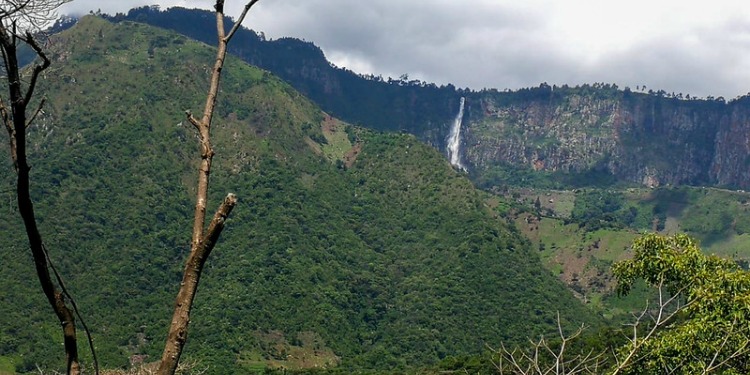The Uganda Scheme
Stand for Israel | December 12, 2019

Israel in Uganda? Perhaps that makes you think of the daring IDF raid on Entebbe in 1976 that saw both the rescue of more than 100 hostages held by pro-Palestinian terrorists and the death of Yoni Netanyahu, brave Israeli commando and beloved brother of Benjamin Netanyahu. But, no. We’re not talking about Operation Entebbe. The subject of today’s history lesson happened decades before.
At the turn of the century, the nascent Zionist movement was in full swing. Anti-Semitic pogroms across Eastern Europe not only threatened the lives and livelihoods of millions of Jews, but hinted at greater violence to come. In order to escape the anti-Jewish hatred they faced, the Jewish people longed for a homeland of their own. And their friends in Great Britain had a plan…
In 1903, the British offered Theodor Herzl, the father of Zionism, 5,000 square miles of land in an area called Uasin Gishu (seen above). While the plan was referred to as the “Uganda Scheme,” the land is actually in what is present-day Kenya. Either way, the Jewish people had been promised a land of their own…that was not their biblical Promised Land.
Herzl himself supported the offer, as he knew it would only be a temporary spot for the Jewish people (an “ante-chamber to the Holy Land,” he called it). But many members of the World Zionist Organization which he headed did not agree with him. They worried that by accepting this promised land, they might not later be able to return to the actual Promised Land.
While the Zionists feuded over the plan, they sent three members to Africa to research the area (sound a little like Joshua and Caleb’s biblical spies to anyone else?). While the area, which is high on a plateau, was a temperate one, it also posed many dangers — lions and other man-eating beasts, as well as natives who did not seem to be keen on Jewish settlers taking over part of their land.
And so, two years after the British made the Jewish people a Ugandan offer, it was refused. It would be more than 40 years later that the Jewish people would settle in another land held by the British at the time — then-mandate Palestine, which is the Promised Land of the Bible — fulfilling prophecy and making history.
